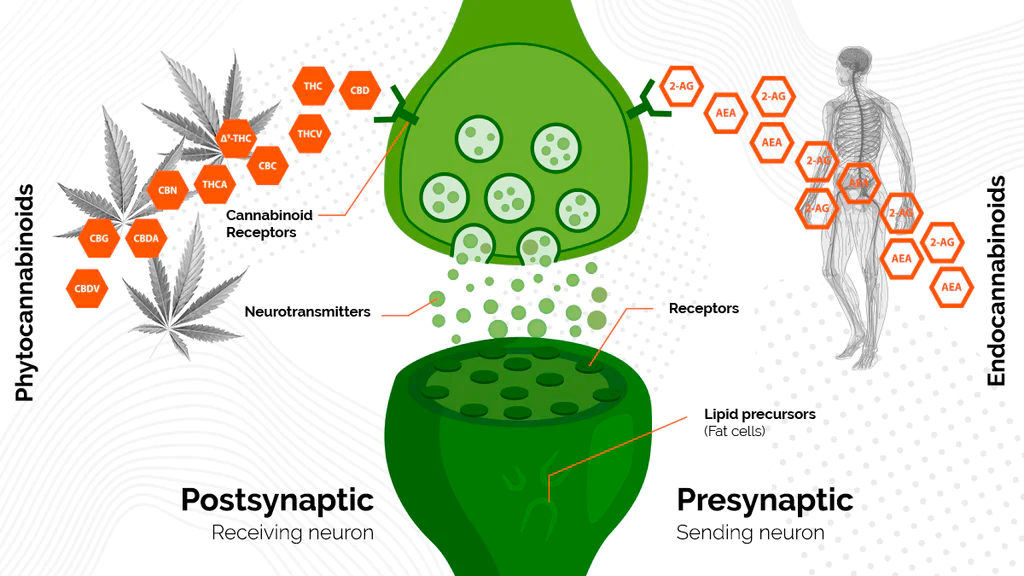Table of Contents
Understanding the Endocannabinoid System
What is the Endocannabinoid System?
CBD's Interaction with the Endocannabinoid System
Potential Benefits of CBD and the Endocannabinoid System
The interaction between CBD and the ECS has been linked to several potential health benefits. CBD’s influence on the ECS can help regulate pain perception, reduce inflammation, alleviate anxiety and depression symptoms, promote relaxation and better sleep, and support overall well-being. While further research is needed, anecdotal evidence and preliminary studies suggest CBD’s positive impact on the ECS and its potential therapeutic applications.
In addition to CBD, there are other ways to support and enhance the function of the endocannabinoid system naturally. Engaging in regular exercise, practicing stress-reduction techniques like meditation or yoga, consuming a balanced diet rich in essential fatty acids, and getting sufficient sleep can all contribute to maintaining a healthy ECS. These lifestyle choices can help optimize the functioning of the ECS and promote overall wellness.
The endocannabinoid system is a remarkable network within our bodies that influences various physiological processes. CBD’s interaction with the ECS holds great potential for supporting overall well-being. By understanding how CBD modulates the ECS, we can explore its potential benefits and incorporate it into our lives in a more informed manner. As always, it is essential to consult with a healthcare professional before starting any CBD regimen or making significant changes to your health routine.
Understanding the intricate workings of the endocannabinoid system and how CBD interacts with it is key to comprehending the potential benefits of CBD. By supporting the ECS, CBD may have a positive impact on pain perception, inflammation, mood, sleep, and overall wellness. Remember to prioritize high-quality CBD products, consult with a healthcare professional, and explore natural ways to enhance your ECS functioning. Armed with this knowledge, you can make informed decisions about incorporating CBD into your wellness routine for a potentially healthier and more balanced life.








